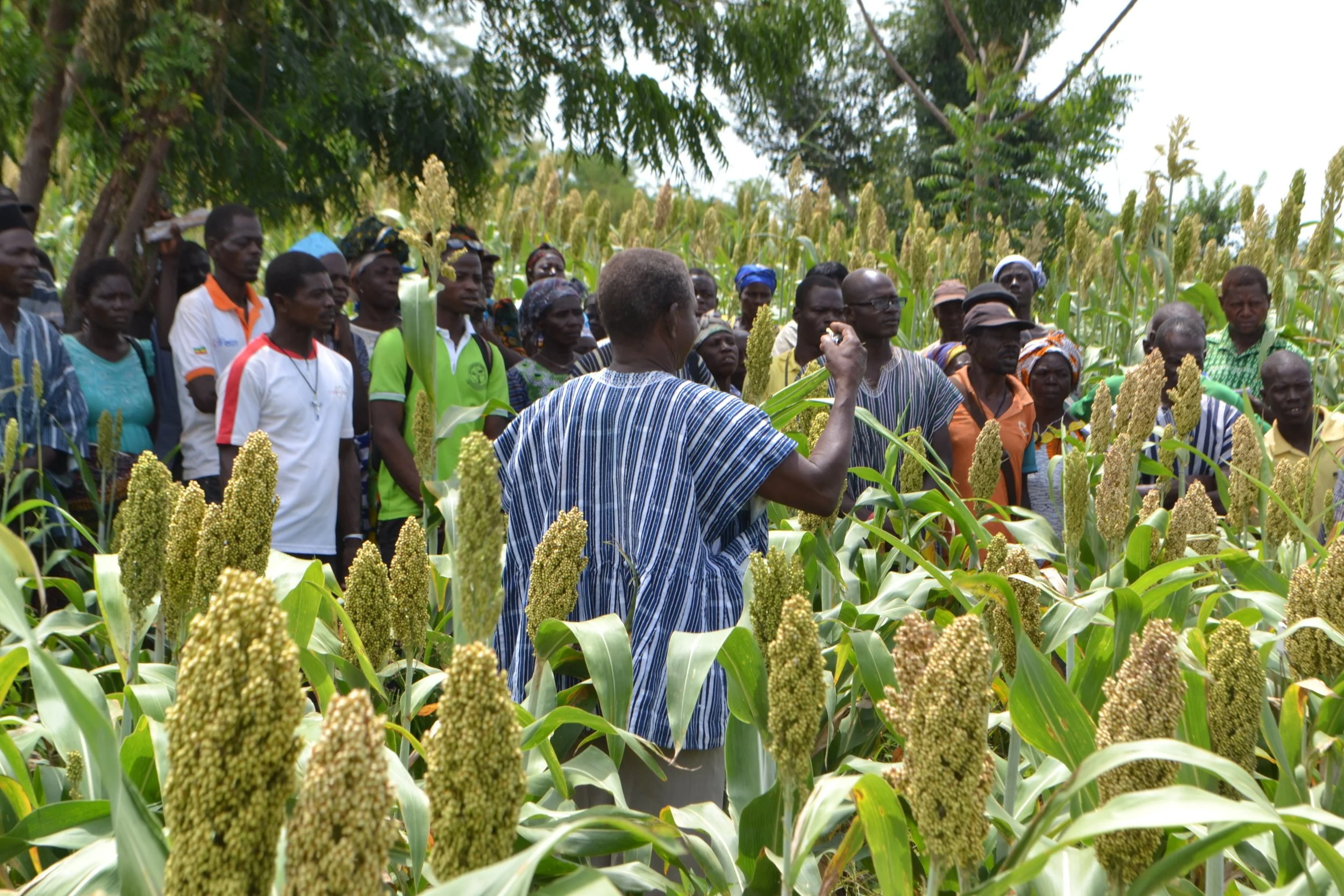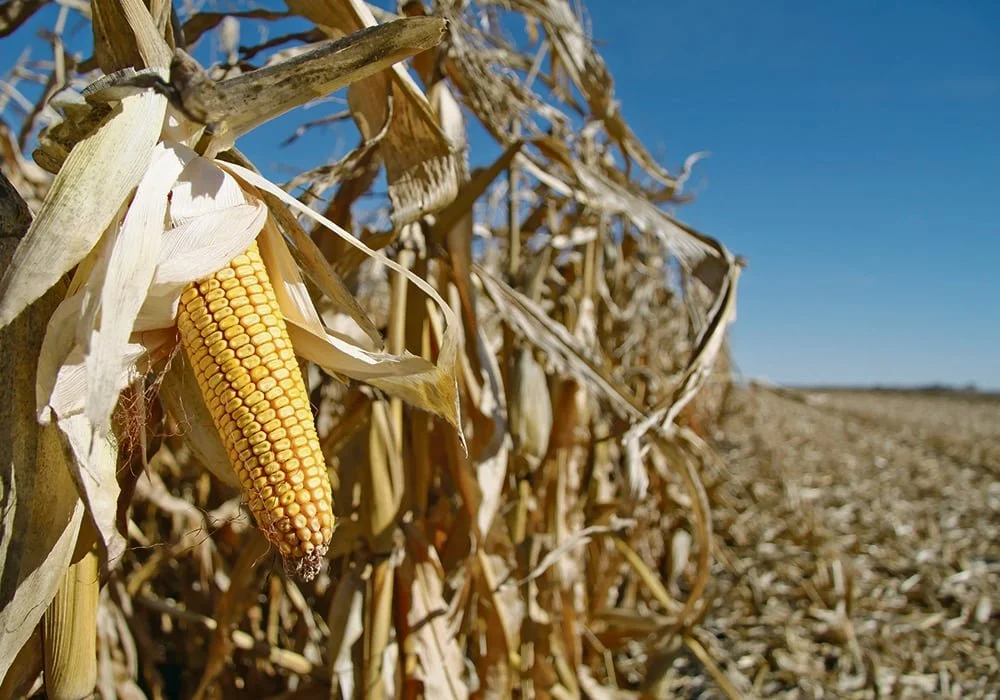Agroecology AND science
Debunking False Binaries and False Solutions
A Companion Guide to Rich Appetites Episode 4 (Science)
You can also view the Companion Guide as a Google Doc or PDF
Critics often position agroecology as static and rooted in the past, in opposition to dynamic and “modern” science and technology — most notably, genetic engineering (GE). There are two key problems with this:
1) Critics of agroecology define science, technology, and innovation in an extremely limited way, which allows corporations and labs to frame the debate on their terms. As the anthropologist and Green Revolution critic Paul Richards has noted, technology is best understood not as advanced machines, but as diverse ways of doing things that are “emergent in hands-on human action.” And science fundamentally involves diverse methods and practices of observation and hypothesis testing. Proponents of agroecology are not opposed to science, technology, and innovation, per se — in fact, they embrace them. It is particular kinds of science and technology, led by corporate actors in support of specific profit-oriented goals, that agroecological practitioners reject.
2) Even by the metrics favored by industrial agriculture — like crop yield — agroecological practices outperform many conventional and genetically-modified crop varieties. The scientific evidence heavily supports the ability of diversified farming approaches to feed people, heal the land, and adapt to climate change, and demonstrates that monoculture and industrial agriculture are not viable options for future food production. Far from being “stuck” in the past, agroecology is our only hope for the future.
Photo source: AFSA
MYTH 1: Agroecology is unscientific and rooted in the past, locking farmers into traditional farming methods
In reality, agroecology centers in situ ecological innovation and offers farmers more choice, flexibility, and adaptability to changing circumstances. By contrast, industrial models of agriculture lock farmers into purchasing inputs and create cycles of indebtedness, benefiting large corporations at the expense of food producers.
Photo source: Agroecology Fund
Myth 2: Agroecology and small-scale agriculture can't feed the world
Agroecology actually has a much better chance of feeding the world than does industrial agriculture, especially in the face of climate change and pressure on resources.
Photo source: Western Producer
Myth 3: Genetically modified crops are essential in addressing climate change and food insecurity
GMOs have repeatedly failed on their own terms, and have not demonstrated significantly or consistently higher crop yields or resilience. They and other gene technologies also fail to address the root causes of hunger, food insecurity, and climate change, often exacerbating the problems they claim to solve.
Let’s talk about it…
Questions for further discussion
What is some of the evidence in support of agroecology? Why do you think false narratives persist in spite of this evidence?
What obstacles might the world face in scaling up agroecology, and how could these be addressed?
Recent interest in agroecology as a climate solution is both exciting and alarming, given that some corporate actors are trying to co-opt it for their own purposes. This is particularly problematic because agroecology and other food production have long been practiced by Indigenous and small-scale farmers. How do you think new research and frameworks focused on agroecology should deal with the ethical and social considerations involved, in terms of respecting knowledge, land rights, and cultural practices?
Do you think there is any role for industrial agriculture in the future, and if so, what?
Why do you think debates about GMOs are so divisive and polarized? What is your take on these debates about safety, environmental costs, and potential benefits?
Look up an academic study (either one cited here, or a separate source) that is either in support of agroecology or in support of GMOs. Review its methodology and its findings. What questions does this raise for you? Can you think of any problems with the data or the study that might influence the results and conclusions? If you were conducting a follow-up study, how would you do it differently to verify whether the results hold up?
In this film and companion guide, we have focused on the scientific evidence in support of agroecology, in order to demonstrate its credibility and forward-looking approach. What problems might arise from this focus on certain kinds of science and evidence? Whose voices, knowledge, and metrics might be left out?


